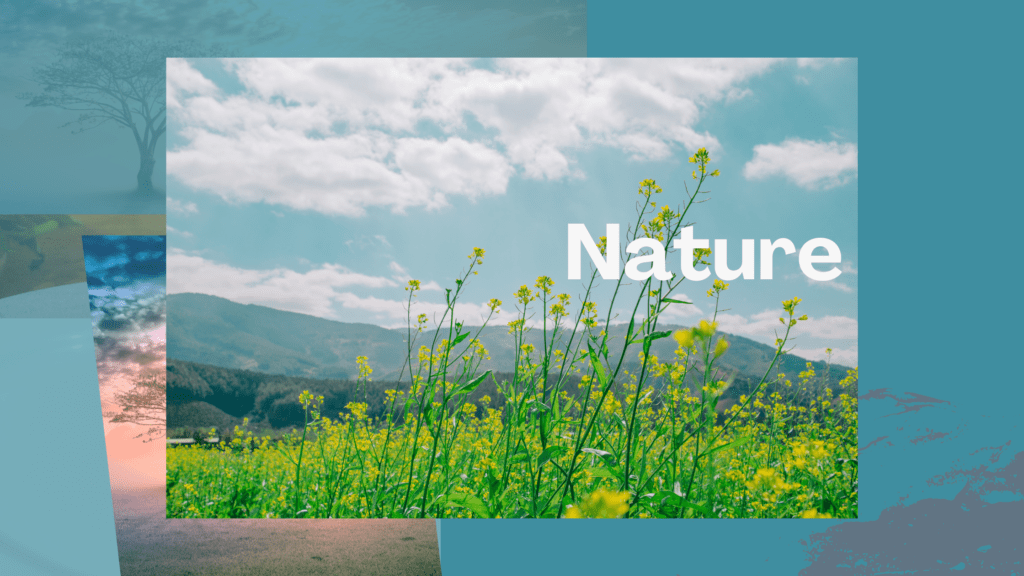Ever since I was “knee-high to a grasshopper,” I felt the call and need to take care of the natural resources that surrounded me. A loving God has given us many natural things to take care of. I experienced God’s work and care in the detailed and intricate wings or bodies of the tiniest insects and plants when viewed under a microscope. Wow! How can something so small be so beautiful? It was clear to me that other creations besides people are made by a loving Creator who cares about even the smallest. In the Old Testament book of Genesis, God entrusts them all to us. However, I believe God expects us to make good, fair, or balanced decisions where their fates are concerned. God expects us to be good stewards. I don’t believe that the one-sided, dismissive decisions I keep seeing that result in exploitation and destruction are good stewardship but rather selfishness.
Imbalance Rooted in Selfishness
I’m convinced that this imbalance is rooted in a simple internal, human nature conflict: selfishness vs. unselfishness. Selfishness is resulting in the piecemeal destruction of our natural resources–bit by bit, on the grass-roots levels. Few, if any, oppose them. Those few espousing concern for the health and well-being of natural habitats or wildlife are demeaned (tree-hugger, bambi-lover, radical, etc.) and ignored. Yet, entire populations of migratory birds are declining or disappearing across the country as their natural habitats disappear under the bulldozer and pavement. They need these places to winter in, breed in, and to stopover in, particularly during their exhausting spring and fall migrations. Often they return to find that the woods or marsh that they nested in last year, or stopped to feed and rest during their last marathon migration is gone. Most people don’t care. They think that as long as some birds come to their backyard feeders everything is fine.



